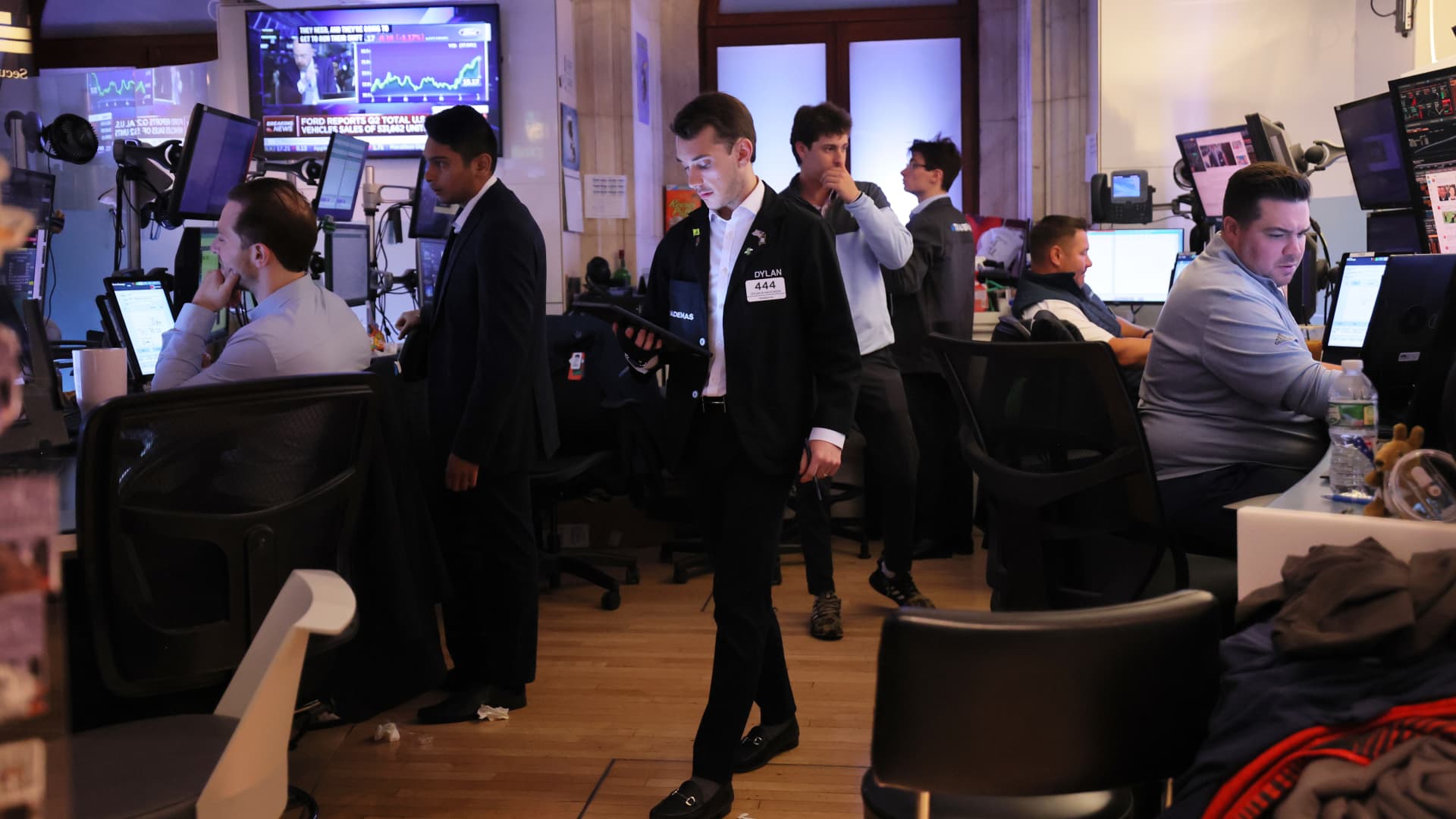Investors may want to reduce international exposure right now and stick with the home court.
According to Main Management CEO Kim Arthur, global markets will meaningfully struggle due to the softening greenback.
“One of the highest predicting factors for [the] future performance of international stocks versus U.S stocks is what the U.S dollar does,” Arthur told CNBC’s “ETF Edge” this week. “From 2011 to 2022, the dollar was in a straight bull market, so you were gonna lose in international equities no matter what you did.”
On Friday, the U.S. dollar index hit a 15-month low. It comes about 10 months after it hit a 10-year high.
“The dollar topped last September, okay? So you really have to have an opinion on where the dollar is going. We personally think the dollar is heading down,” said Arthur.
Arthur, who was head of Bank of America’s institutional sales and trading department, believes the dollar will eventually return to a period of strengthening.
“We are way ahead of the rest of the world in terms of fighting inflation. Our inflation numbers are lower than the rest of the world. Our interest rates are higher than the rest of the world,” said Arthur. “So what does that mean? That’s a perfect setup where we’re going to be cutting rates before the rest of the world. And that differential leads to a stronger dollar.”
ETF Action Founding Partner Mike Akins cites another market dynamic that could hurt global stocks: the strong appetite for U.S. mega-cap technology stocks.
“You see more and more flows continuing to go into U.S. stocks. … Very little money is going into the international marketplace. And that kind of just creates itself,” Akins said. “I’m not sure what the catalyst is there, other than to say that it has to start with those big names: Microsoft, Apple, Amazon, Tesla, now Google [Alphabet]. Those names that are creating this multiple expansion for the broader S&P 500 because they make up such a large percentage of it. That’s where the catalysts will have to be to see value come back, to see international come back [and] to see emerging come back.”
As of Friday’s close, the iShares MSCI Emerging Markets ETF is up 8% this year. Meanwhile, the S&P 500 is up 17%.
